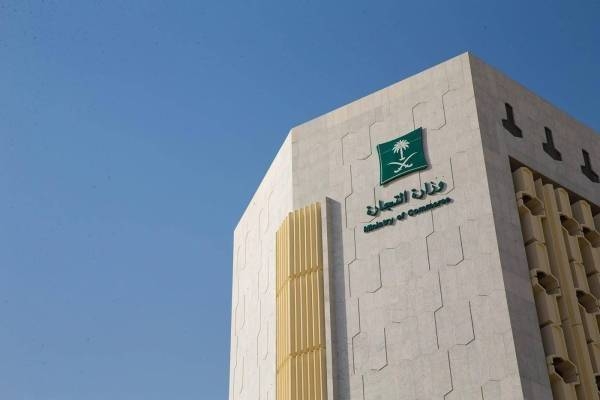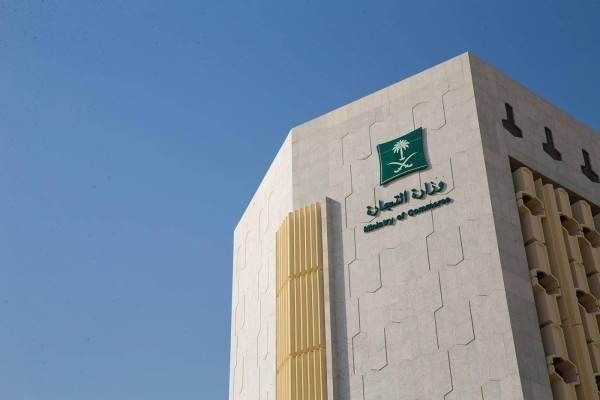
Whether it is a new dress for a friend’s wedding or weekly groceries (partly to avoid children’s tantrums in the aisles), I now buy most of what I need online. Call it a COVID habit or just plain convenience. But I know I’m not alone; retail was hard hit during the pandemic, giving an accelerated boost to e-commerce. A recent retail report by Majid Al-Futtaim (MAF) showed that e-commerce has increased to double its 2019 level and, by February 2021, e-commerce spend had increased by 30 percent year-on-year (data combines sales transactions and footfall in malls). And yet MAF is opening its fifth — and largest — mall in Oman this fall and a new Mall of Saudi at the end of 2021, adding to its portfolio of 28 malls across the MENA region. How are we still seeing announcements for new malls in the region when e-commerce is booming and mall traffic … is not?
The truth is, malls are not ghost towns with squeaky, empty escalators anymore. They are more like busy airports and I still visit malls all the time for cafes and play areas. This is the new consumer behavior that developers are tapping into: A consistent need for a social environment in hot countries with good air-conditioning. We’re tired of hanging out at home during lockdown. We want a place with a cinema, a store to test a new fragrance, and a place to keep kids entertained all in one. It’s a grand reinvention of consumer attitudes to shopping malls.
“While demand for new space from retailers has been muted, developers have taken note of changing attitudes and expectations from consumers, with the majority of new supply focusing on lifestyle or experience-based retail developments,” explains Faisal Durrani, partner and head of Middle East research for consultancy Frank Knight. “Retail comes second to activities and experiences that drive increased dwell times.”
Rethinking strategy in line with shifting consumer attitudes is the key to reviving the retail industry. Hugely reduced footfall as a result of the pandemic and repeated restrictions on international arrivals have dealt double blows to the retail market. That said, Durrani predicts that the reopening of the borders to tourists from 49 nations earlier this month, combined with “revenge spending” from surging domestic tourism, may help to cushion the market from further sharp declines. Research from Frank Knight shows that headline lease rates in prime shopping malls across the Kingdom fell by between 1 percent and 5 percent over the past 18 months. In fact, during Q2 alone, rents in Saudi Arabia’s best shopping malls declined by between 1.5 and 3 percent in Riyadh, Jeddah and Dammam.
The next time you need to buy something, take a break from the screen. Consider popping into your local shopping mall for a coffee, a tip for the waiter and a boost to the economy.
Sara Hamdan
Consultancy CBRE advised prominent stakeholders to focus on reinventing the shopping experience and realigning existing spaces with an emphasis on outdoor and open areas. People also have a habit of researching products online and coming into stores to buy them, so having a clear omnichannel strategy that allows customers to seamlessly shop a brand on mobile, desktop and in person will benefit brick-and-mortar stores.
“The rapid growth of online shopping is resulting in more omnichannel retail; however, preserving the ‘physical experience’ will be a critical component of these omnichannel strategies, particularly in the Middle East,” said Nicola Milton, a spokesperson for CBRE. “Omnichannel strategies should push retailers to streamline supply chains and focus on workforce planning, automation, inventory management, and flexibility in production cycles.”
Local companies are taking note. AlMalki Group, a 70-year-old Saudi-based, family-owned group that specializes in the luxury retail and distribution for more than 105 international brands, is ramping up their digital offerings to complement in-store sales. The company is using Salesforce Service Cloud, Marketing Cloud, Commerce Cloud, Salesforce CMS and Mulesoft to enhance omnichannel journeys for millions of customers across the region.
“In the GCC, luxury customers don’t just want to shop in stores — they want to have seamless, integrated experiences when they move from any channel, whether online, in-store, calling customer service or on social media,” said Daniel Gomez Rojas, chief digital officer of AlMalki Group. “We are investing in salesforce technology, processes and local talent to differentiate on customer experiences and long-term customer engagement.”
It’s a great competitive advantage and a boost to employment rates in the area. So the next time you need to buy something, take a break from the screen. Consider popping into your local shopping mall for a coffee, a tip for the waiter and a boost to the economy.
• Sara Hamdan is a former Merrill Lynch banker, NYT journalist and editor at Google. She writes on startups, women in business, and post-COVID-19 work trends.
Disclaimer: Views expressed by writers in this section are their own and do not necessarily reflect Arab News" point-of-view












